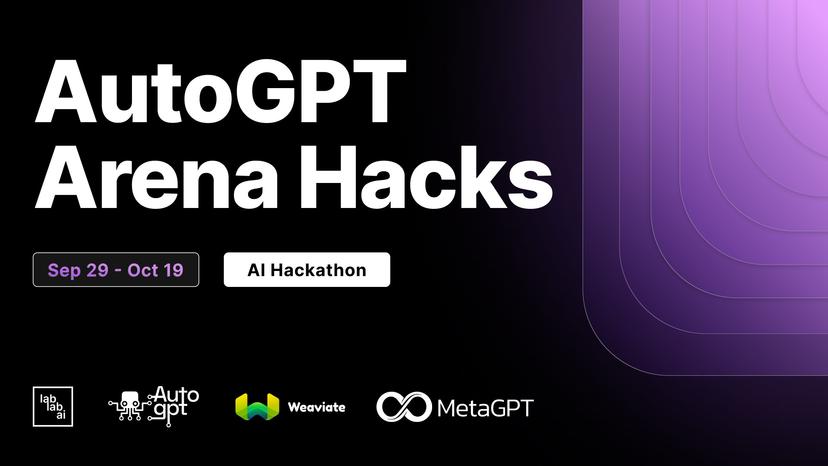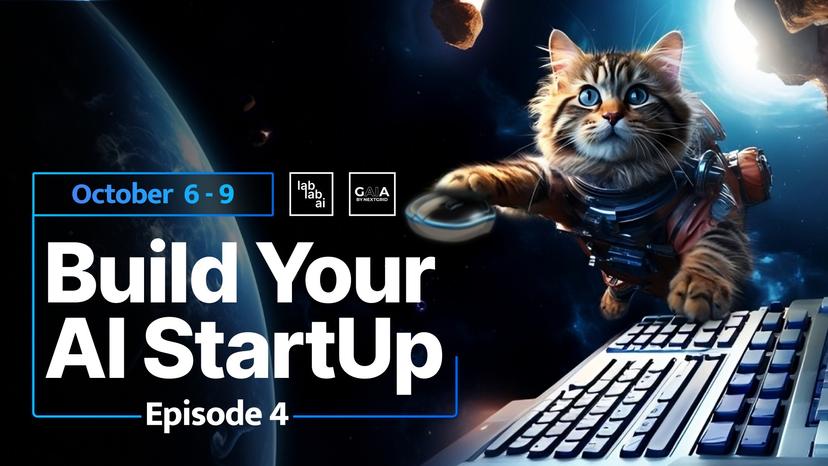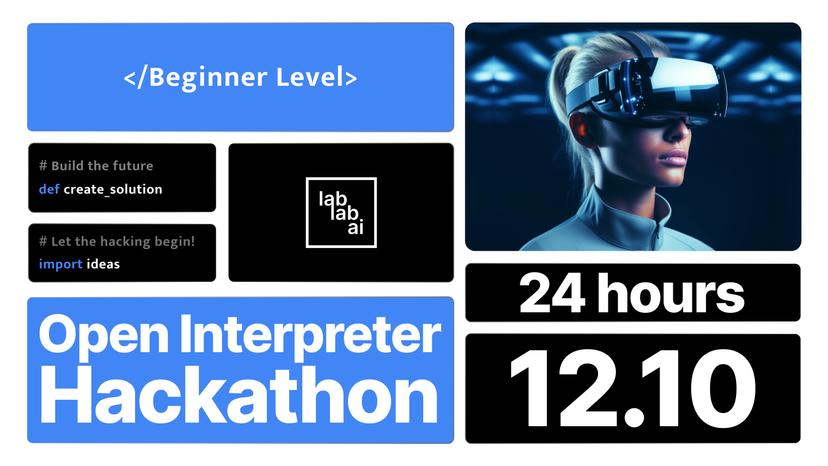Justin Nanton@evolvedjust535
is under improvement
4
Events attended
2
Submissions made
United States
1 year of experience
Socials
is under improvement
🤓 Latest Submissions

AI Library - Education Section Summarization
This was a collaboration between two finalists in the Open Interpreter Hackathon. Using mixtral-8x7b-24 the large language model for open-interpreter now allows a user to access a llm that beats chatgpt in certain metrics. For our use case we use huggingface as a provider. Meaning this workflow is free of charge. However, the dataset was vectorized using openai due to time constraints. Similar to the open-interpreter toolkit the user is able to have the agent use scripts as tools. The tool we made is query_documents. How the user is not only able to use the agent to sort books, but now they can be queried. This allows for very interesting workflows. One the the future uses of this is to modify the outputs using agentprotocols. We continued the progress of a former hackathon on LabLab.AI found here. The world's first self-coded, self-categorized, and self-sorted library in the world found here: https://lablab.ai/event/open-interpreter-hackathon/2600-books-files-sorted/2600-books-sorted-for-multi-agent-creation. This time we did mass book summarization of the Education category in order to prepare to create an educational administrator agent to practice sales pitches for an AI literacy curriculum. Enjoy the video. Be well. Here's the link to the leaders' project as well: https://lablab.ai/event/open-interpreter-hackathon/open-interpreter-toolkit/open-interpreter-tool-kit
12 Jan 2024

2600 Books Sorted for Multi-Agent Creation
In the neon-lit digital underworld, we wielded the code, Bash, and the terminal like a switchblade in a dark alley. With 2600 books jumbled in a main folder, chaos reigned. But then, we summoned OpenAI's API, a digital oracle, to decipher the cryptic hieroglyphs within those tomes. It read the tea leaves of text, determined the hidden truths, and neatly arranged them into categories, like cards in a deck. Each line of code a sharp stiletto, cutting through the chaos, and the terminal echoed with the hum of virtual triumph. In this digital noir, order emerged from chaos, and the API was our savior.
14 Oct 2023


.png&w=640&q=75)



